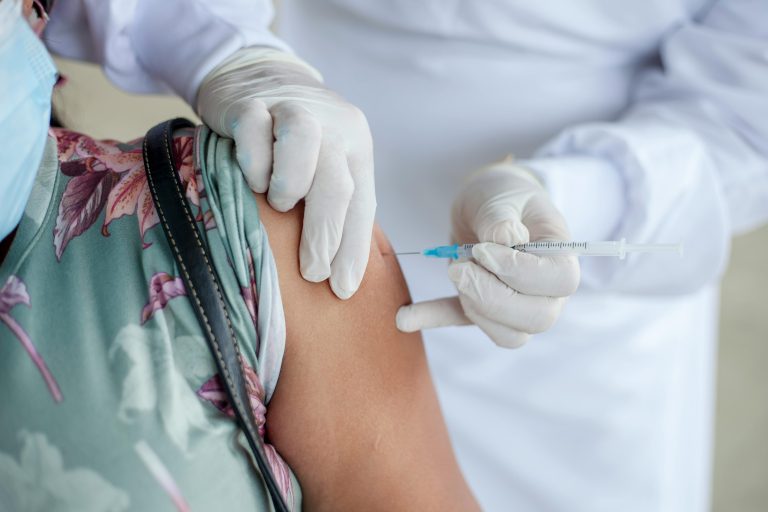Tetanus, also known as lockjaw, is a serious bacterial infection caused by Clostridium tetani. This bacterium is commonly found in soil, dust, and animal feces. When these bacteria enter the body through a wound or cut, they can produce a toxin that affects the nervous system, leading to severe muscle stiffness and spasms.
Symptoms of Tetanus
The symptoms of tetanus usually appear within 7 to 10 days after exposure to the bacteria. Key signs include:
- Muscle Rigidity: Initial symptoms often involve stiffness in the jaw (lockjaw), neck, and abdominal muscles. This rigidity can spread to other parts of the body.
- Muscle Spasms: Painful muscle spasms and contractions may occur, which can be severe and painful.
- Difficulty Swallowing: The muscle spasms can affect the throat, making it hard to swallow.
- Fever and Sweating: Additional symptoms may include fever and excessive sweating.
Prevention of Tetanus
- Vaccination: The most effective way to prevent tetanus is through vaccination. The tetanus vaccine is included in the DTP (diphtheria, tetanus, and pertussis) series administered during childhood. Booster shots are recommended every 10 years to maintain immunity.
- Wound Care: Properly clean and care for wounds to prevent infection. For deep or dirty wounds, especially if you haven’t had a tetanus booster in the past 10 years, seek medical advice. In some cases, a tetanus booster may be needed.
- Avoiding Risky Environments: Minimize exposure to environments where tetanus spores are prevalent, such as areas with soil or animal waste.
Treatment of Tetanus
If you suspect you have tetanus, seek immediate medical attention. Treatment typically involves:
- Medications: To control muscle spasms and manage pain, medications such as muscle relaxants and sedatives may be prescribed.
- Wound Care: Proper treatment of the wound to eliminate the bacteria.
- Supportive Care: In severe cases, hospitalization may be required for supportive care and monitoring.
For further information on tetanus, including vaccination schedules and prevention tips, visit the CDC’s Tetanus page. For personalized consultations and health advice, reach out to Igaku. Our specialists can provide expert guidance and address any concerns related to tetanus and its prevention.
Read our other articles here.
- IGAKUhttps://igaku.co/blog/author/igaku/
- IGAKUhttps://igaku.co/blog/author/igaku/
- IGAKUhttps://igaku.co/blog/author/igaku/
- IGAKUhttps://igaku.co/blog/author/igaku/


